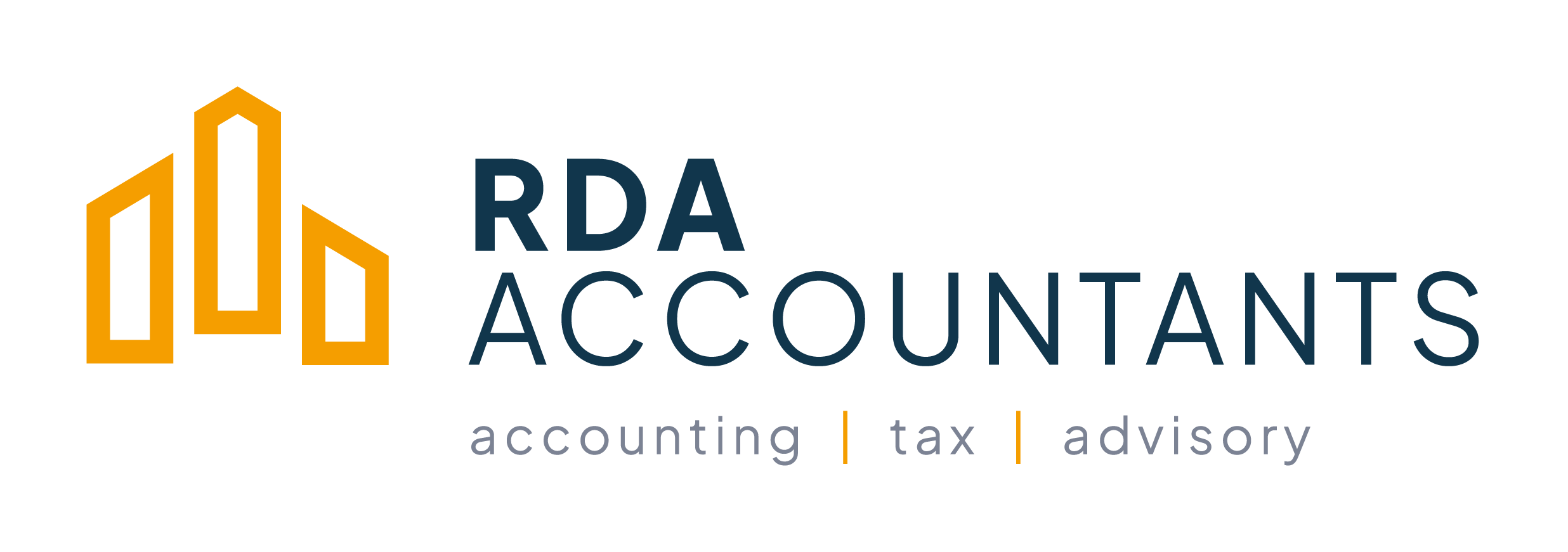The government has extended the Covid-19 credit guarantee scheme for another six months as latest...
Personal Insolvency
In late December 2012, the Personal Insolvency Bill 2012 finally completed its passage through the Dáil and the Seanad and became law.
The idea is to have a way for people in financial difficulty to resolve their debt in a straightforward manner. By providing clear and transparent ways of dealing with debt it reduces the stress for individuals, while giving creditors i.e banks a clear path to follow.
While detailed, the legislation can be boiled down to relatively simple processes which should enable those in difficulty and their creditors to understand and allow for debt arrangements to be prepared and processed quickly and cost effectively.
The bankruptcy legislation has been amended and now a person can exit bankruptcy in Ireland after 3 years compared to 12 years previously. In addition to bankruptcy there are now 3 other new forms of personal insolvency arrangements that a person in financial difficulty may consider.
1) Debt Relief Notice (DRN)
- Suitable for people with debt of €20,000 or less.
2) Debt Settlement Arrangement (DSA)
- This arrangement is for unsecured debts of any value.
- You will need to work with a Licenced Insolvency Practitioner (PIP) who formulates the proposal
- The arrangement lasts for a maximum of 5 years but may increase to 6 years
- Creditors meet and vote to approve scheme (65% overall approval needed)
3) Personal Insolvency Arrangement (PIA)
- This option is for dealing with secured debt up to €3million
- You will need to work with a Licenced Insolvency Practitioner (PIP) who formulates the proposal
- Creditors meet and vote to approve scheme (65% overall approval needed subject to 50% secured and 50% unsecured approving)
- PIP to prepare scheme with a view to keeping debtor in their family home
- Max 6 year period but option to increase to 7 (no minimum period)
In the current economic environment, personal insolvency has become a lot more prevalent due to the substantial decline in value of nearly every asset class including property, shares and other investments. The continued uncertainty in the economy has also knocked peoples’ ability to repay generous loans taken out in the boom years. The combination of falling pay, and in some cases redundancy or illness, coupled with the decline of asset value has resulted in widespread negative equity meaning people do not even have the option of selling to clear their debts.
While you do not state what you owe, it might be advisable exploring the third option, PIA, to see if you and your creditors can agree terms. Bankruptcy, while now considerably more lenient at three years, would still be the last choice scenario if possible.
Expertise?
If you’re an individual facing financial difficulties make sure to get the proper advice as early as possible. It is worth remembering that this insolvency law is designed to protect your family home, so don’t suffer unnecessarily if you are in financial difficulty.



